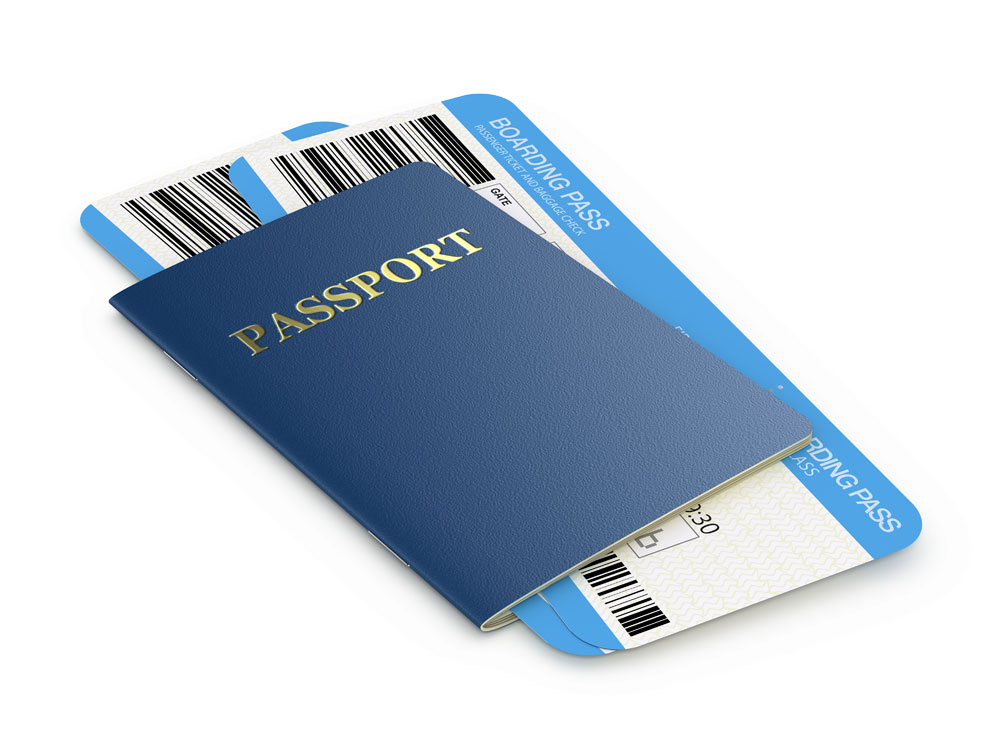Most of American airline passengers have heard of “Rule 240”. Many of them have already made use of it more than once. On the other hand, many of them tried to use it but were unsuccessful. How come? Is “Rule 240” a genuine ace up in the sleeve or is it a mere myth?
According to FAA the term “Rule 240” actually means a rule that existed prior to airline deregulation. We may no longer speak about a current Rule 240. You won’t be able to find such a rule specifically laid down anywhere. The term is currently used generically to refer to each airline´s “conditions of carriage” policy. And different airlines have different policies…
Rule 240 was in fact a convenient way of referring to an old CIVIL AERONAUTICS BOARD REGULATION which demanded carriers to instantly find another flight for you no matter how much you paid for the initial ticket. However, both the C.A.B. Are well as its rules were history after the airlines were deregulated in 1978. This rule was meant to describe what the airlines would do for passengers whose flights were cancelled or delayed.
The most important airlines have their own conditions of carriage that comply with the DOT regulations. And you agree to their specific rules the minute you buy the ticket since the mere procedure of purchasing the ticket means that you conclude a CONTRACT with the airline, a contract whose stipulations are available on the carrier’s website.
Indeed, airlines will never vouch that their schedules will remain unchanged. You should bear in mind, or at least slightly consider that airline schedules are as unpredictable as weather. There are plenty of UNFORESEEN EVENTS which may cause an airplane to arrive or take off later than planned. BAD WEATHER and MECHANICAL PROBLEMS are common causes for such unpleasant events.
Suppose that your flight is delayed. The very first thing you need to do is to find out how late it will be. However, may we remind you that carriers sometimes find it difficult to assess how late your plane will be, especially in the early hours. For example, in case of a “creeping delay” due to a mechanical problem, they discover as they try to resolve it that things are more intricate than initially thought. If, on the other had, the plane is delayed due to bad weather, there is really not much you can do but wait for the sun to shine.
But, instead of waiting and gazing at the airport ceiling, you’d better try to find a different flight; try calling them as you may be more successful than if you go to their ticket counter. If you somewhat managed to find yourself a different flight, just ask them politely, of course, to endorse your ticket to the new airline. Most of the airlines simply re-route you to their next available flight.
American Airlines, states that “when cancellations and major delays are experienced, you will be rerouted on our next flight with available seats.”
On the other hand, Delta stipulates a “Rule 240” in its Conditions of Carriage. This rules refers to delays and cancellations. Nevertheless, it is quite different than the original rule, i.e. “Delta will transport the passenger to the destination on Delta’s next flight on which seats are available in the class of service originally purchased.”
But… “Delta will have no liability for making connections, failing to operate any flight according to schedule, changing the schedule for any flight, changing seat assignments or aircraft types, or revising the routings by which Delta carries the passenger from the ticketed origin to destination.”
In so far as AMENITIES are concerned, carries are not obliged to compensate passengers whose flights are delayed or canceled. Delta, for instance, will offer a voucher for meal service to each ticketed passenger. American Airlines, on the other hand, “will provide amenities for delayed passengers, necessary to maintain the safety and/or welfare of certain passengers such as customers with disabilities, unaccompanied children, the elderly or others to whom such amenities will be furnished consistent with special needs and/or circumstances.”
Last but not least, just as Joe Brancatelli in his article about Urban Travel Legends points out, “Rule 240” is the hardest-to-kill legend and it probably persists because, it is still mentioned as a subtitle in the contract terms of some American airlines, i.e. Delta, United and Northwest.
Nevertheless, just as DOT suggests, you should “ask yourself what will happen if the first flight is delayed; if you don’t like the answer, pick another flight or “construct” a connection that allows more time.”

 En
En Es
Es Fr
Fr











